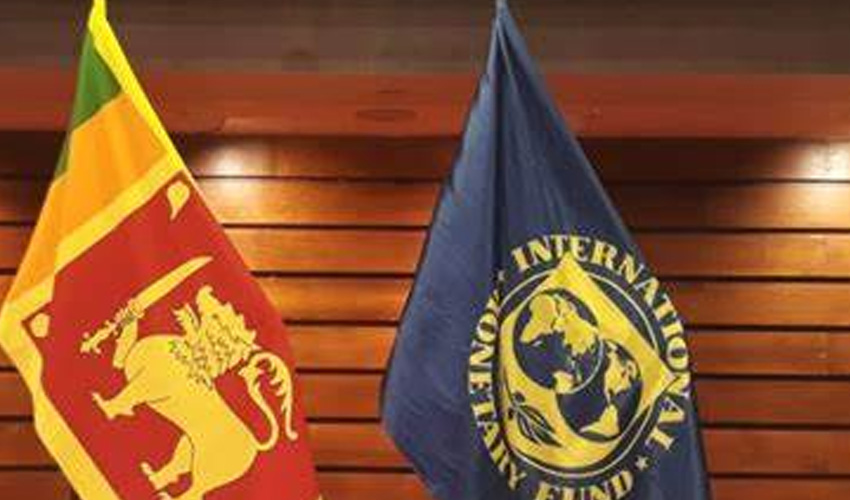The International Monetary Fund (IMF) stated on Friday that Sri Lanka's painful austerity measures were "bearing fruit" and emphasized the need for theianayakr continuation as the nation’s new president, Anura Kumara Disse, explores alterations to the $2.9 billion bailout secured last year.
Dissanayake, who won last month’s election on a leftist platform, pledged to reverse significant tax hikes, increase salaries for public servants, and renegotiate the IMF bailout.
However, analysts caution that he faces limited flexibility to alter the terms of this critical agreement.
Following two days of discussions with IMF representatives, Dissanayake expressed his intention to achieve program objectives collaboratively, while seeking alternative approaches to lessen the financial burden on lower-income households. The IMF responded by highlighting the importance of sustaining economic recovery efforts, which have led to revived growth, reduced inflation, and improved revenue mobilisation.
IMF spokesperson Julie Kozack emphasized, “Reform efforts are bearing fruit… but important vulnerabilities and uncertainties remain, making sustained reform momentum critical.” The IMF’s Asia Pacific Director, Krishna Srinivasan, described the talks as “productive,” focusing on preserving the gains achieved thus far.
Sri Lanka’s government can access a fourth tranche of $336 million contingent upon adherence to revenue and spending targets outlined in the bailout plan. Dissanayake also seeks to finalize a tentative agreement to restructure $12.5 billion in international sovereign bonds, aiming for greater concessions to assist the financially strapped nation.
With existing debt restructuring agreements with major creditors like China, Japan, and India, Dissanayake’s administration is receiving international support. India's Foreign Minister Subrahmanyam Jaishankar pledged assistance in restructuring Sri Lanka's external debt during his inaugural visit.
Sri Lanka defaulted for the first time in 2022 amidst a severe financial crisis, and the 2023 IMF bailout has alleviated dire shortages of essential goods while restoring economic growth. Nonetheless, the ongoing austerity measures continue to burden millions.
Dissanayake, elected amid public frustration over corruption and mismanagement, has called for snap parliamentary elections next month, with any new agreements requiring parliamentary approval in its first session on November 21.



























